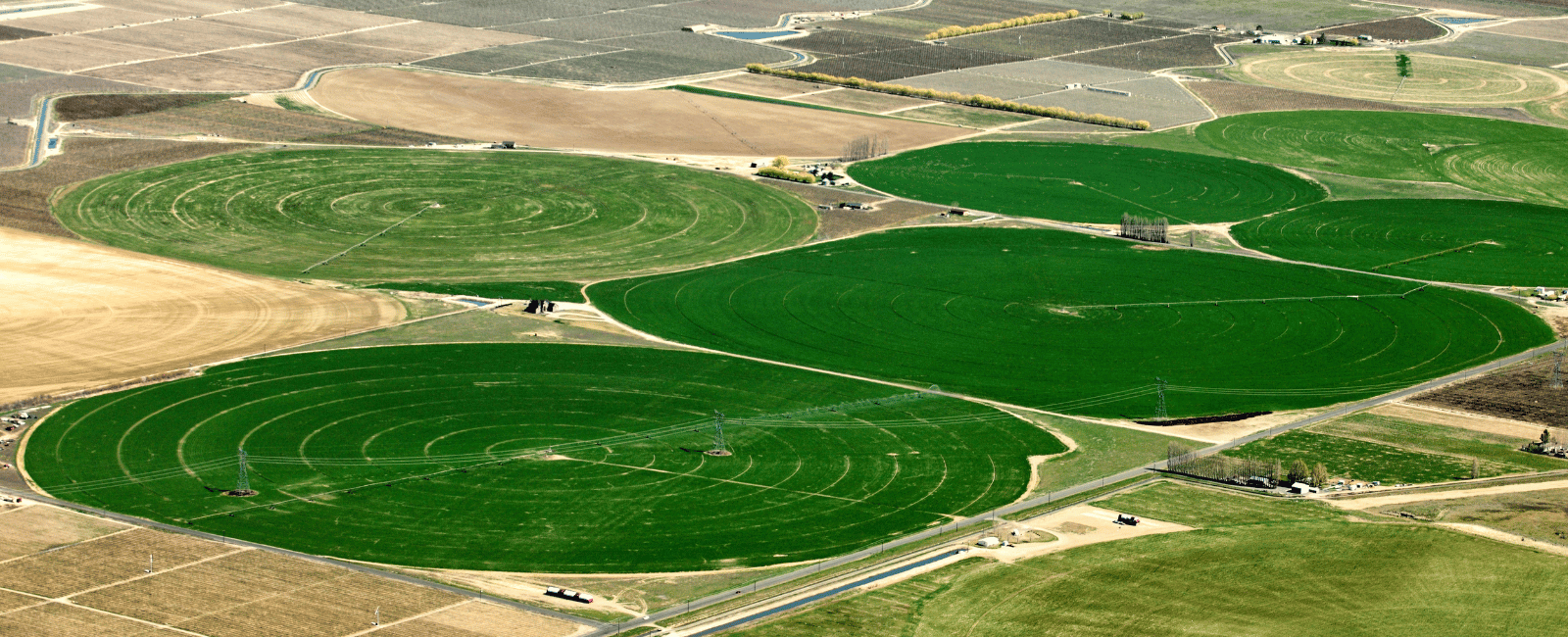
Mobile Irrigation Lab
“What it boils down to, is how to manage the water I have and what kind of feedback I should look at in order to make that decision.” Johnathan Aguilar
Discover cutting-edge education and expert support tailored for Kansas agricultural producers at the Mobile Irrigation Lab (MIL) website. Unleash the power of our dedicated digital classroom, complete with state-of-the-art computers and decision management software downloads. Explore our comprehensive resources for field evaluations of irrigation systems, ensuring you optimize your irrigation management and cropping system strategies for maximum water efficiency and profitability.
Crop water allocator designed to help farmers with limited water
Completely customizable, this tool helps producers plan their goals and make decisions based on current conditions and future predictions
Agricultural irrigation holds a crucial role in western Kansas. The region's arid climate with scarce rainfall throughout the year, and irrigation, even with limited groundwater resourcces, becomes imperative for supplementing natural precipitation and ensuring a consistent water supply for crops. Beyond addressing water scarcity, irrigation enables farmers to diversify their crop choices, cultivating a broader range of plants that might not thrive solely on rainwater. This diversification not only enhances economic stability for farmers by reducing dependence on a single crop but also mitigates risks associated with unpredictable weather patterns. Moreover, irrigation significantly boosts crop yields, contributing to the economic growth of western Kansas, where agriculture plays a pivotal role in the local economy. The expansion of irrigated agriculture not only supports job creation but also provides essential water sources for livestock, maintaining the health of the region's livestock industry. In addition to immediate economic benefits, irrigation acts as a vital buffer against the impact of drought conditions, ensuring the resilience and sustainability of agriculture in western Kansas over the long term. Responsible water management practices are essential to mitigating the risk of over-extraction and depletion of groundwater resources, safeguarding the agricultural foundation of the region.
Featured KSRE Irrigation Facts Sheets
Tips on Selecting Soil Water Sensors
Soil Moisure-Sensing Systems for Improving Irrigation Scheduling